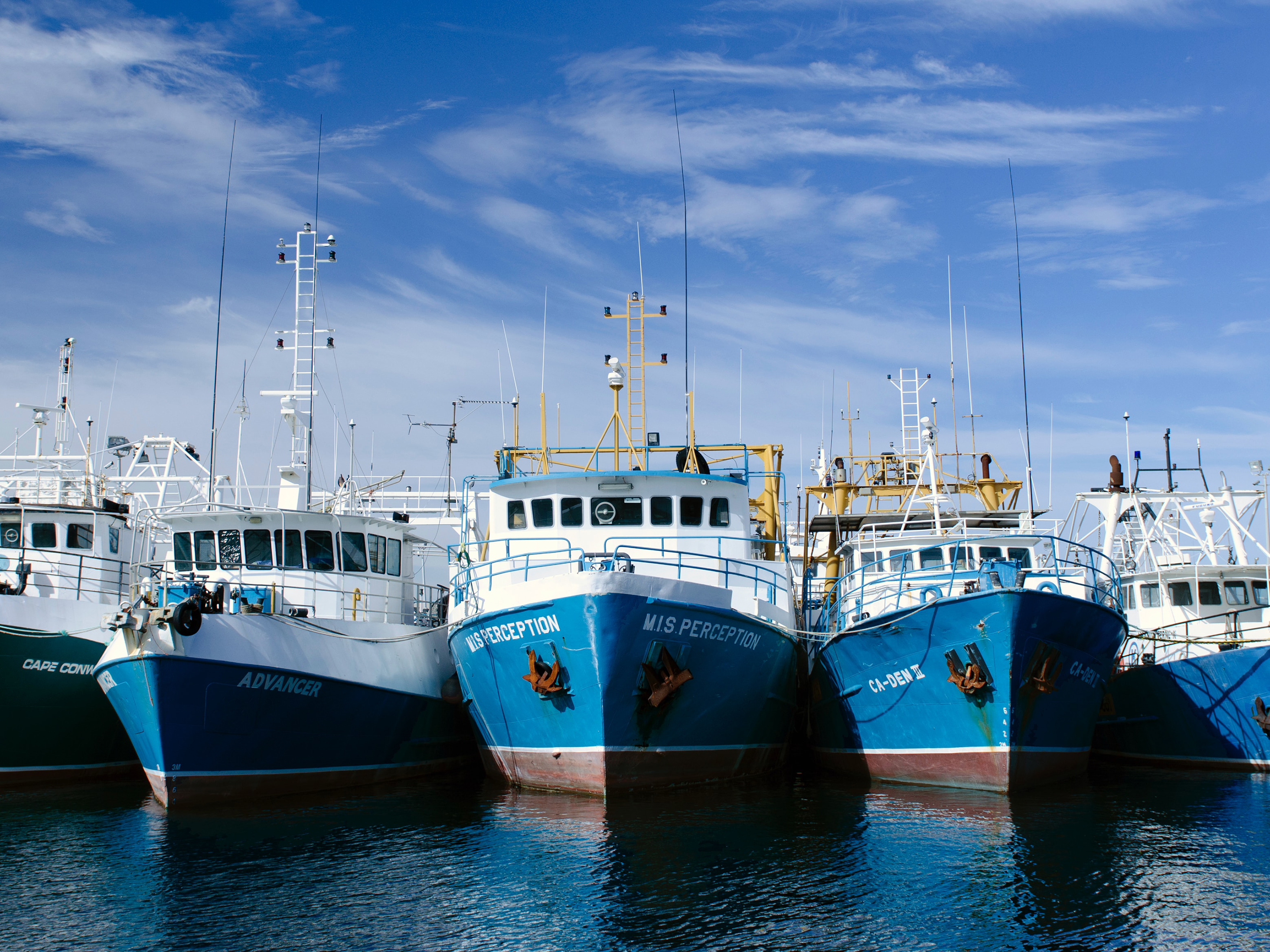In 2018 new technology platforms collected more oceans data in a single year than was gathered during the entire 20th century. This ocean data is complex and varied, ranging from handwritten fishing catch records to vessel onboard video footage to satellite data collection systems for a large variety of vessels, wildlife and ocean buoys. It is collected by government and non government organizations, often for a specific purpose and is scattered across multiple platforms with different format standards and usually cannot be used beyond the primary purpose for which it was collected.
While these new data sets and platforms could enable new understanding and responses to environmental changes they are challenging to manage and use for key decisions. Eliminating overfishing and better forecasting and managing healthy fish populations requires both new data governance structures and information competencies in agencies.
Data governance projects can encompass a wide set of technical and policy issues. The International Seafood Sustainability Foundation engages with other stakeholders to develop and adopt common standards for data collection and reporting from electronic monitoring systems. Other Working Groups and NGOs collaborate with agencies and stakeholders to address some of the many policy issues impacting success in using information (such as defining common data needs, approaches for interagency data sharing while protecting confidential information, sustained funding and modernizing processes to tap best information).
Management agencies, stakeholders and data producers all benefit from well designed data governance structures which can improve agency response times, reduce costs and reporting burdens and build shared understanding, trust and collaboration amongst agencies and resource stakeholder groups.
